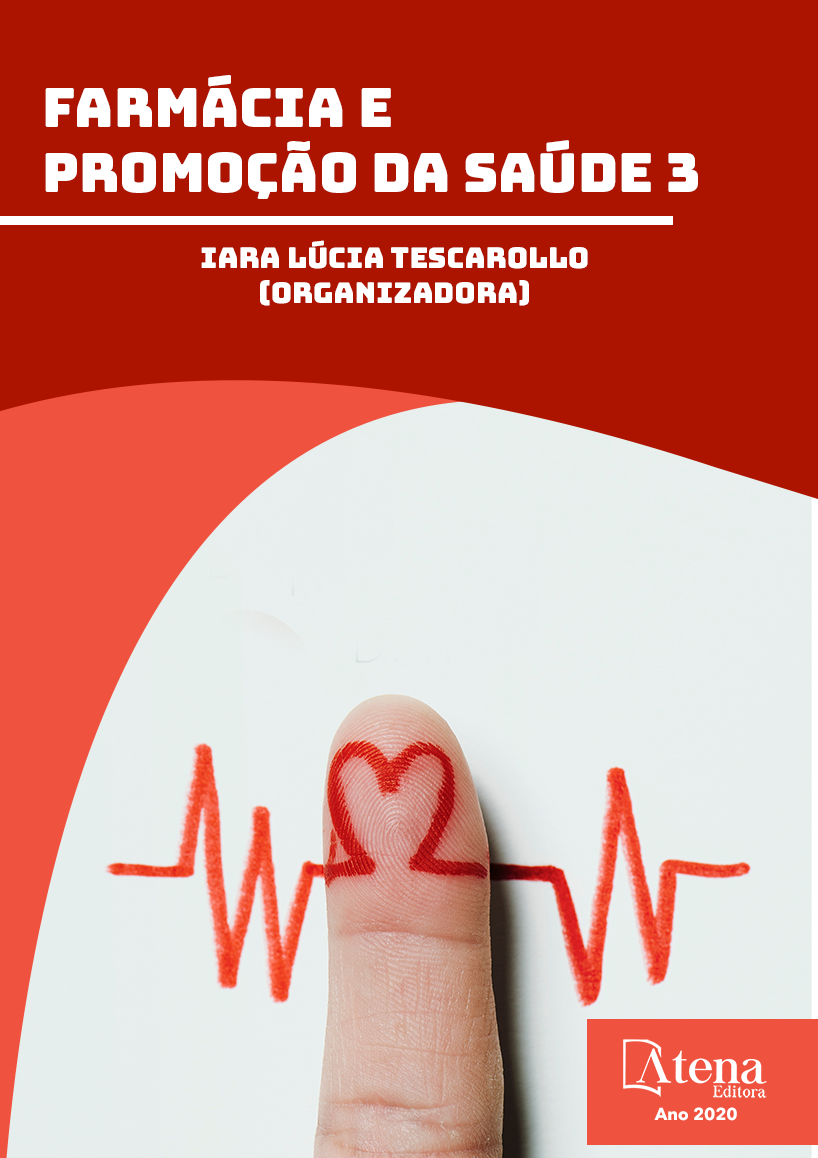
INFLUÊNCIA DA MELATONINA E GELDANAMICINA FRENTE AOS TESTÍCULOS: UMA REVISÃO DE LITERATURA
Testículos de mamíferos são muito suscetíveis a agentes tóxicos ambientais
ou terapêuticos que comprometem o processo de espermatogênese, uma de suas
principais funções. A melatonina é um hormônio produzido pela glândula pineal, que
regula a secreção de GnRH e LH e pode afetar a síntese de testosterona, influenciando
diretamente na reprodutividade. Assim como a melatonina, a geldanamicina é uma
substância que pode interferir no sistema reprodutor masculino. Possui um caráter
anticancerígeno, exercendo atividade antitumoral em uma infinidade de modelos préclínicos. Entretanto, o mecanismo exato de toxicidade testicular induzida por esta
droga ainda não foi claramente entendido. Com isso, este trabalho tem como objetivo
analisar os efeitos da melatonina e geldanamicina nos testículos de ratos, a fim de
relatar a ação de ambas as moléculas frente ao organismo. Experimentos utilizando
ratos com varicocele induzida artificialmente indicam que a melatonina reduz os danos
causados no epitélio e túbulos seminíferos, aumentando a atividade das enzimas
antioxidantes e reduzindo os níveis de óxido nítrico. O tratamento com melatonina
também se mostrou eficaz para reduzir os níveis de indicadores de stress oxidativo e da
peroxidação lipídica em um modelo de rato com torção testicular. Analises moleculares
mostraram que os receptores melatonina 1 (MT1) e melatonina 2 (MT2) são expressos
nos testículos de ratos juvenis e adultos, indicando que esta desempenha um papel
protetor no desenvolvimento testicular por seu efeito antioxidante. Também foi possível
observar que, administrando a dosagem, a geldanamicina induz um estado de estresse
oxidativo nos testículos, aumentando a formação de radicais livres e peroxidação
lipídica, diminuindo as reservas de antioxidantes. Ademais, esta molécula pode
estimular modificações estruturais no órgão e interferir negativamente no número, na
motilidade e na morfologia dos espermatozoides. Portanto, pode-se dizer que o uso
dessa droga tenha efeitos colaterais prejudiciais na fertilidade masculina.
INFLUÊNCIA DA MELATONINA E GELDANAMICINA FRENTE AOS TESTÍCULOS: UMA REVISÃO DE LITERATURA
-
DOI: 10.22533/at.ed.26920030112
-
Palavras-chave: Testículos, Geldanamicina, Melatonina, Iluminação Constante.
-
Keywords: Testicles, Geldanamycin, Melatonin, Constant Illumination.
-
Abstract:
Mammalian testes are very susceptible to environmental or therapeutic
toxic agents that compromise the spermatogenesis process, one of their main functions.
Melatonin is a hormone produced by the pineal gland that regulates GnRH and LH
secretion and can affect testosterone synthesis, directly influencing reproducibility. Like
melatonin, geldanamycin is a substance that can interfere with the male reproductive
system. It has an anticancer character, exerting antitumor activity in a multitude of
preclinical models. However, the exact mechanism of testicular toxicity induced by
this drug has not yet been clearly understood. Thus, this work aims to analyze the
effects of melatonin and geldanamycin on rat testes, in order to report the action of
both molecules against the organism. Experiments using rats with artificially induced varicocele indicate that melatonin reduces damage to epithelium and seminiferous
tubules, increasing the activity of antioxidant enzymes and reducing nitric oxide levels.
Melatonin treatment has also been shown to be effective in reducing levels of oxidative
stress and lipid peroxidation indicators in a rat model with testicular torsion. Molecular
analyzes showed that the melatonin 1 (MT1) and melatonin 2 (MT2) receptors are
expressed in the testicles of juvenile and adult rats, indicating that it plays a protective
role in testicular development due to its antioxidant effect. It was also observed that
by administering the dosage, geldanamycin induces an oxidative stress state in the
testes, increasing free radical formation and lipid peroxidation, decreasing antioxidant
reserves. In addition, this molecule can stimulate structural changes in the organ and
negatively interfere with sperm number, motility and morphology. Therefore, the use of
this drug can be said to have detrimental side effects on male fertility.
-
Número de páginas: 16
- Sônia Pereira Leite
- Fernanda das Chagas Angelo Mendes Tenorio
- Juliana Pinto de Medeiros
- Carina Scanoni Maia
- Diana Babini Lapa de Albuquerque Britto
- Geovanna Hachyra Facundo Guedes
- Jennyfer Martins de Cavalho
- José Anderson da Silva Gomes
- Maria Luísa Figueira de Oliveira
- Luiz Henrique da Silva Linhares
- Thiago Oliveira Nascimento
- Marcos Aurélio Santos da Costa


